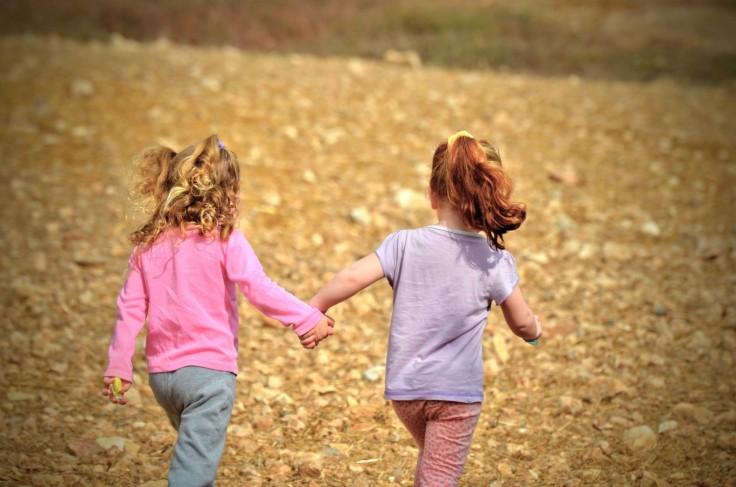
Children arguing with their friends is a normal phase of friendship and one they have to learn how to steer. Usually, the possible consequences of these conflicts are tears, isolation, stubbornness, tantrums, sadness, and hurt feelings.
However, some kids are naturally more skilled at avoiding inevitable disagreements, moving past, and managing these situations, while others seem to have more frequent and intense conflicts with peers.
Notwithstanding, most young ones, from toddlers to juveniles, may benefit from some help navigating specific issues at one time or another. This is when parents can support and assist their kids in developing practical relationship skills. Nevertheless, it can be challenging for parents to know when to step in, what help to offer, and when to stay out of their kid's fight.
Andy Brimhall, Ph.D., a marriage and family therapist specializing in behavioral problems of children, parenting, and adolescents, states that children argue with their peers for many reasons. From particular misunderstandings to arguing over a toy to feeling left out to instances of bullying. Thus, such fights can be short-lived, big blowouts, episodic, or even end a friendship.
Read Also : Michelle Obama Speaks on How She and Her Husband, Barack Obama, View Daughters' Dating Lives
A kid's reaction can be big, as emotions can run high
Honora Einhorn, a behavioral therapist working with children, adolescents, and families, says it's very common for kids to encounter peer conflict.
Such fights can appear beneficial for your child by allowing them to hone their prosocial skills. Einhorn, based in California and practices with the digital therapy platform Brightline, added that conflicts support kids and youth in navigating differences, effectively communicating difficult emotions, developing moral frameworks, and building social skills and competency, entailing empathy.
Dr. Brimhall notes that emotions can run high. Thus, children's reactions can be big. Yet, note that some will keep their feelings inside and so would have difficulties establishing healthy boundaries in their relationships. Kids of all ages, from toddlers to teens, vary in their ability to handle certain conflicts successfully. So, the parents are commonly left wondering how to help and may also worry about why their child is arguing with their friends.
When conflicts among kids get worked out fairly and without anyone getting hurt, kids will start to build problem-solving skills such as negotiating. Young ones would also learn the essence of seeing another person's point of view and respecting others' rights, feelings, and belongings, per Raising Children.
Resolving the conflict and misunderstanding
Understandably, parents would want to resolve conflicts and arguments their way. However, that's only sometimes the case; parents must know when to step in by first learning the root of the misunderstanding. In this way, parents can help by asking their children how to resolve conflicts with their friends. Remember never to force your child to do whatever you want and instead teach them what is right and wrong.
Parents should allow their kids to differentiate right and wrong; that way, they can decide on their own with the parents' help. Handling these disagreements is an important life skill, especially for children. Many such arguments blow over quickly; hence, more significant issues sometimes need more intervention.
Parents can help their kids resolve certain misunderstandings by developing practical problem-solving and relationship skills. Ultimately, young ones would be able to resolve most of these conflicts independently, Very Well Family says.
Related Article : How to Spot the Signs of Unhealthy Relationships in Your Children?